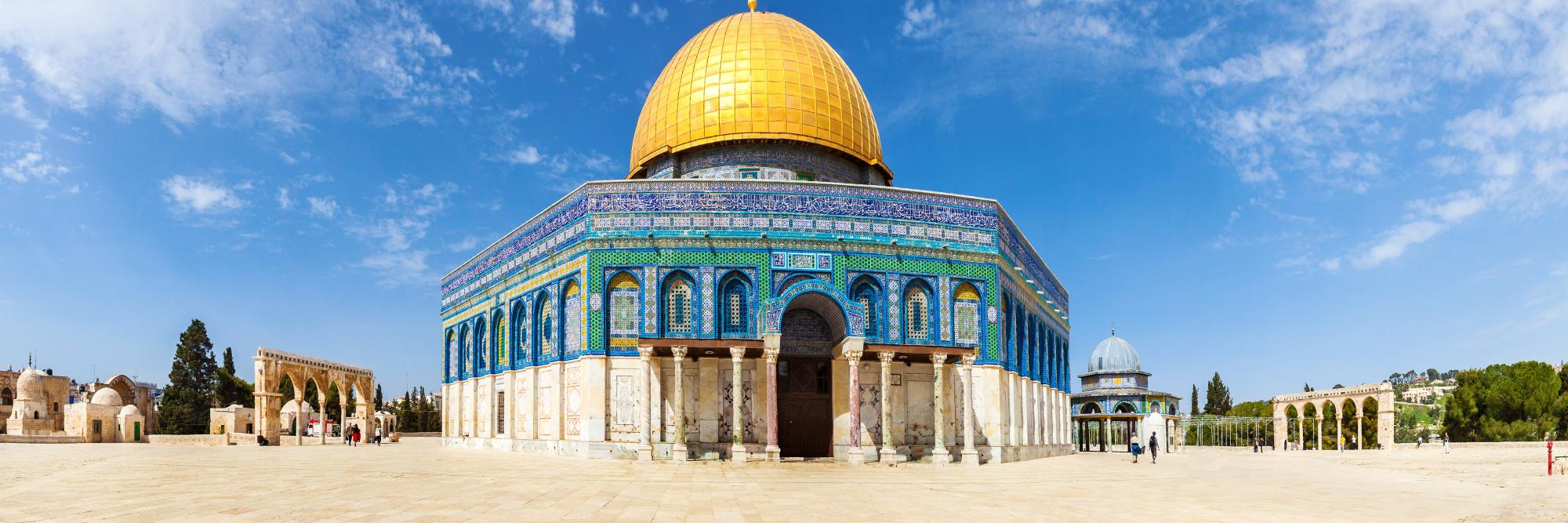Abi Nurser, a British expat now living in Tel Aviv, first visited Israel in July 2010 as a backpacker. She fell in love with an Israeli and then made the move to the Middle East. While Abi acknowledges that as an expat in Israel, there are some issues you need to overcome, she loves the vibrancy of Tel Aviv, as well as living so close to the sea.
Read more about Israel in the Expat Arrivals Israel country guide or read more about Expat Experiences in Israel.
About Abi
Q: Where are you originally from?
A: The UK.
Q: Where are you living now?
A: Florentin in south Tel Aviv.
Q: How long have you lived in Tel Aviv?
A: Just over one year.
Q: Did you move with a spouse/children?
A: No.
Q: Why did you move? What do you do?
A: I came to Israel in July 2010 as a backpacker, met and fell in love with an Israeli, and moved here one year later. I was a teacher in the UK and was lucky enough to be able to find a job in an English-medium school before I arrived.
About Tel Aviv
Q: What do you enjoy most about your host city? How’s the quality of life?
A: Tel Aviv has a lot to offer, and I particularly love its vibrancy and variety of great restaurants. It’s also wonderful to live so close to the sea.
Q: Any negatives? What do you miss most about home?
A: Sometimes the dirt and pollution of (south) Tel Aviv can be a bit depressing.
Q: Is the city safe? Are there any areas expats should avoid?
A: Tel Aviv is, on the whole, a really safe city. I probably wouldn’t wander around in the central bus station area on my own at night!
Q: How would you rate the public transport in Tel Aviv? What are the different options? Do you need to own a car?
A: The bus network is generally pretty good in the main cities, although a car is necessary if you want to visit the desert, Dead Sea, north etc. Cars are really expensive in Israel, but they do give you so much more freedom.
Q: How would you rate the healthcare in Israel?
A: Healthcare is excellent in Israel and pretty cheap compared to most countries. If you’re living here as a tourist, you will need a private plan though.
About living in Israel
Q: Which are the best places or suburbs to live in Tel Aviv as an expat?
A: Many expats live in central Tel Aviv, and there is also a large expat community in Raanana.
Q: How do you rate the standard of housing in Tel Aviv?
A: You have to be a bit careful when choosing an apartment here. They don’t often come with the appliances you would expect in the UK: fridge, washing machine, cooker etc. Always read your contract very carefully.
Q: What’s the cost of living compared to home? What is cheap or expensive in particular?
A: On the whole, Israel is expensive, especially in Tel Aviv. Restaurants, alcohol and clothes are particularly expensive, not to mention petrol! Fresh fruit and vegetables are excellent here and relatively cheap.
Q: What are the locals like in Israel? Do you mix mainly with other expats?
A: I have tried to mix with the locals in Tel Aviv and have met some great people and some really obnoxious people. It took me a long time to get used to how forward Israelis can be! It is a very straightforward culture, and people will often be (a little too) honest with you, so it’s important to try not to be too sensitive.
Q: Was it easy meeting people and making friends?
A: It is really easy to meet people here, as most will find an excuse to talk to you in any situation. It did take me a little longer to make real friends though.
About working in Tel Aviv
Q: Did you have a problem getting a work visa/permit in Israel?
A: No because I was very organised and followed the instructions from the Ministry of the Interior very closely!
Q: What’s the economic climate like in Tel Aviv? Is there plenty of work?
A: There’s plenty of work, but a lot of it is very low-paying. This said, there are often good benefits available, especially with regard to food, vouchers and transport to and from work.
Q: How does the work culture in Israel differ from home?
A: The standard working week here is nine hours a day, five days a week, which is a little more than in the UK. The work atmosphere here is also much more informal.
And finally…
Q: Is there any other advice you would like to offer new expat arrivals moving to Tel Aviv?
A: It is really tempting to keep making comparisons with how things work at home whenever something goes wrong or doesn’t work out how you wanted it to. This only causes further anger and frustration. So try to take one day at a time, and don’t expect everything to fall into place immediately.
~ Interviewed November 2012



